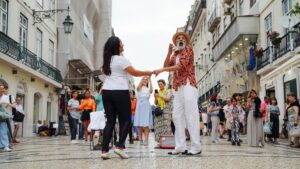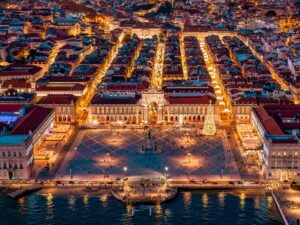Did you ever hear about the Carnation Revolution? April 25th is one of the most significant national holidays in Portugal, commemorating the Carnation Revolution of 1974. This day marks the peaceful overthrow of the Estado Novo dictatorship and the restoration of democracy in the country. Every year, Portugal comes alive with celebrations, events, and tributes to those who fought for freedom. Among these traditions, one of the highlights is the great annual commemorative run “Run of Freedom” / “Corrida da Liberdade” in which I love to participate. But before diving into the festivities, let’s explore the historical significance of this special day.
The Historical Context of April 25th
The Rise of Dictatorship in Portugal
Portugal’s path to dictatorship began in the early 20th century during a period of intense political instability. The First Portuguese Republic (1910–1926), which followed the overthrow of the monarchy, was characterized by frequent government changes, economic difficulties, and social unrest. The turmoil created an opening for the military to intervene, leading to the coup of 1926, which established a military dictatorship.
In 1933, António de Oliveira Salazar, an economist and former finance minister, consolidated power and introduced the Estado Novo (New State), an authoritarian regime that ruled Portugal for nearly 50 years. The Estado Novo was based on nationalist, Catholic, and conservative values, suppressing political opposition, censoring the press, and controlling education to maintain ideological conformity.
While the Estado Novo regime was primarily known for its political repression and censorship, it also imposed strict social norms that seem shocking today. For instance, it was frowned upon—and in some cases outright forbidden—to be left-handed. Many children were forced to write with their right hand, as left-handedness was considered undesirable. Older generations still recall the stigma and pressure to conform to these rigid expectations. Additionally, music and literature were heavily censored, and even simple acts of public expression could be grounds for surveillance or imprisonment.
Colonial Wars and Economic Struggles
One of the key issues that led to the eventual collapse of the Estado Novo was Portugal’s involvement in colonial wars. Unlike other European nations that gradually decolonized in the mid-20th century, Portugal held on to its African territories—Angola, Mozambique, Guinea-Bissau, Cape Verde, and São Tomé and Príncipe—through prolonged military campaigns that started in the 1960s.
These wars drained Portugal’s economy, placed an immense burden on young Portuguese men who were conscripted into the army and isolated the country on the international stage. As dissatisfaction grew among the military and civilians, opposition to the dictatorship intensified.
Before the revolution, the environment of secrecy, surveillance, and Cold War espionage also shaped the country. This period has been vividly depicted in the Netflix series Glória, which showcases the international intrigue and covert operations happening in Portugal during the late years of the dictatorship. The series provides a compelling look at how Portugal was entangled in global power struggles even as internal dissent against the Estado Novo grew.
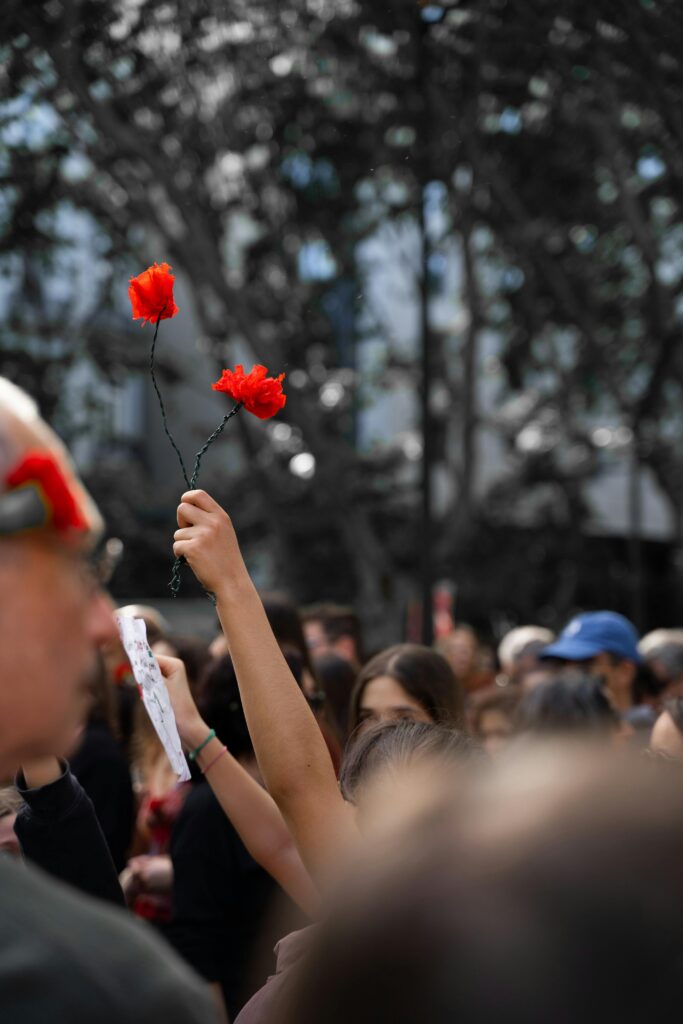
The Carnation Revolution: A Peaceful Uprising
On April 25, 1974, a group of military officers known as the Armed Forces Movement (Movimento das Forças Armadas – MFA) staged a coup to dismantle the dictatorship. Unlike many other revolutions, this one was remarkably peaceful, with little resistance from government forces. Instead of bloodshed, thousands of citizens took to the streets, handing red carnations to soldiers—a symbolic gesture that gave the revolution its name. The carnations, which were in abundance at the time due to a florist delivering them to local restaurants, quickly became a symbol of peaceful resistance. Citizens placed them in the barrels of soldiers’ guns as a sign of solidarity and hope for a bloodless transition to democracy.
By the end of the day, the regime had fallen, and Portugal embarked on a path toward democracy. This transition led to decolonization, economic reforms, and ultimately, the establishment of the modern Portuguese Republic.
How April 25th is Celebrated Across Portugal
Every year, the entire country celebrates Freedom Day (Dia da Liberdade) with a range of activities that honor the revolution and the values it restored. Here’s how different regions mark the occasion:
Public Events and Commemorations
- Parades and Demonstrations: Major cities, including Lisbon, Porto, and Coimbra, host parades where people march with banners, wave Portuguese flags, and sing revolution-era songs such as Grândola, Vila Morena by Zeca Afonso—a song that served as a signal for the revolution to begin.
- Concerts and Cultural Performances: Free concerts take place in many towns, featuring Portuguese artists who perform songs associated with the revolution. Poetry readings and theater performances are also common.
- Fireworks Displays: Some cities, particularly those with large public squares, light up the night sky with spectacular fireworks to conclude the day’s celebrations.
- Public Speeches and Political Gatherings: Government officials and former revolutionaries often deliver speeches reflecting on the country’s progress and ongoing challenges in maintaining democracy.
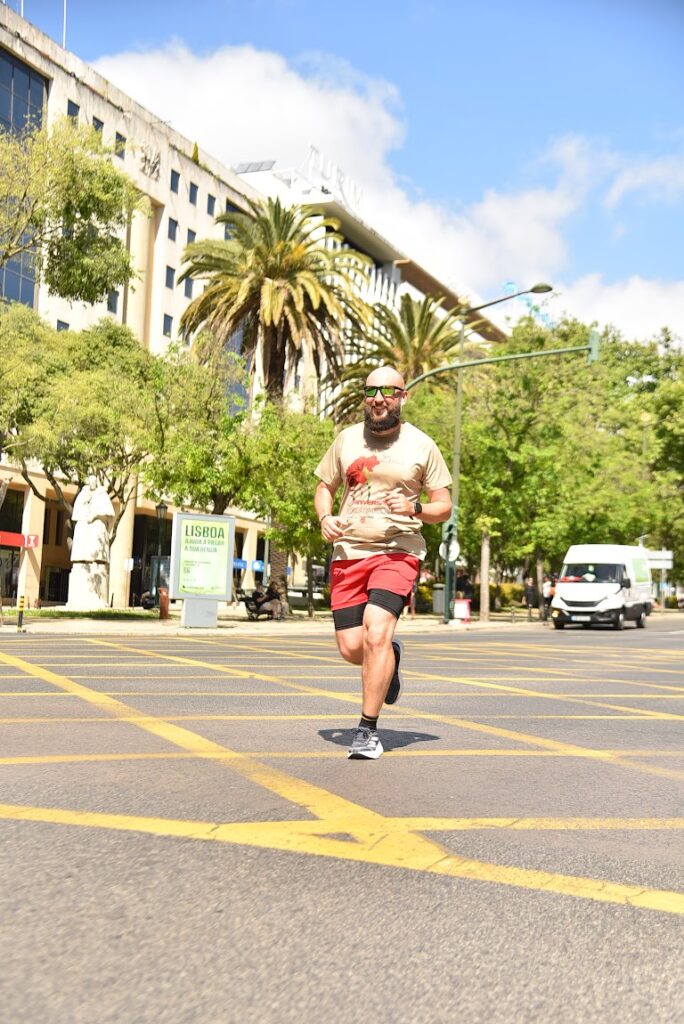
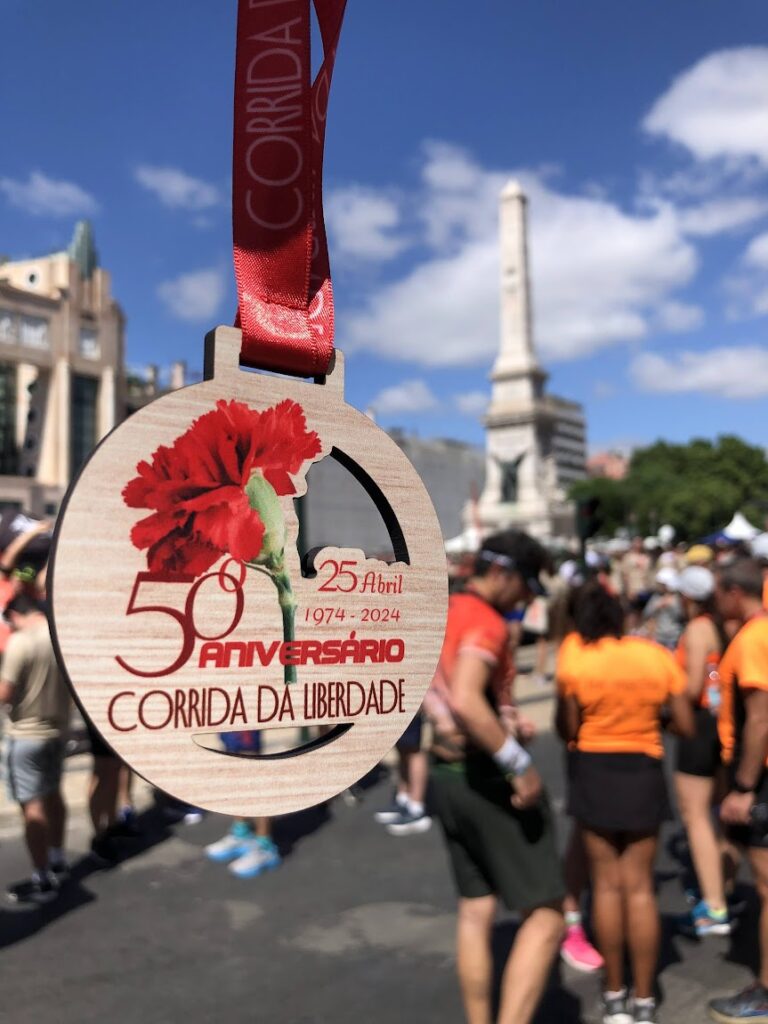
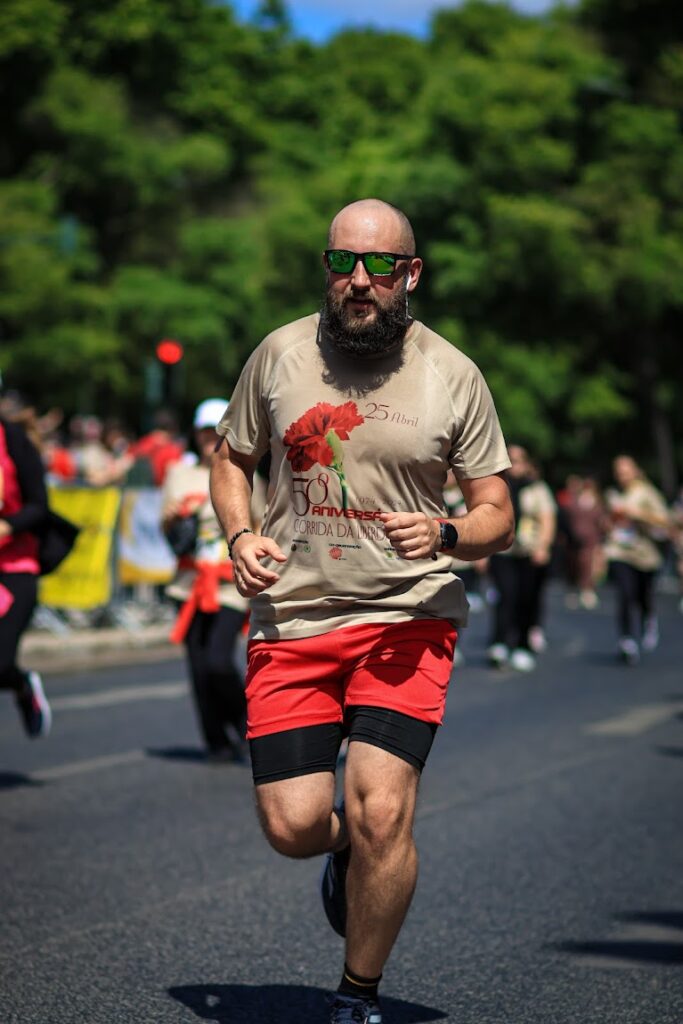
Lesser-Known Traditions and Interesting Facts
- In some rural areas, locals organize storytelling sessions where older generations recount personal experiences from the time of the revolution.
- Schools and universities often hold special lessons on the importance of democracy, ensuring that younger generations understand the significance of April 25th.
- Many bakeries sell carnation-shaped pastries in honor of the revolution’s emblematic flower.
- Some restaurants offer special menus inspired by traditional meals from the 1970s, recreating the atmosphere of the time.
April 25th in Lisbon: A City-Wide Celebration
As the capital and the heart of the revolution, Lisbon hosts the largest and most vibrant celebrations in the country. If you are in Lisbon on April 25th, here’s what you can expect:
Avenida da Liberdade Parade
One of the most iconic events is the massive parade along Avenida da Liberdade, where thousands gather to honor the heroes of the revolution. The event includes political speeches, live music, and the waving of red carnations.
The April 25th Commemorative Run
As part of the celebrations, Lisbon organizes an annual April 25th run, known as Corrida da Liberdade. This race symbolizes the spirit of freedom and unity. Participants, including myself, run through historic streets, passing landmarks that played crucial roles during the revolution. The event welcomes runners of all levels, making it a great way to experience the city’s patriotic energy firsthand.
Cultural and Artistic Events
From Fado performances to contemporary art exhibitions, Lisbon embraces the occasion with a wide array of cultural events. The Museu do Aljube, dedicated to the resistance against dictatorship, often hosts special exhibitions and guided tours.
Evening Fireworks at Praça do Comércio
The celebrations in Lisbon culminate with a stunning fireworks display over the Tagus River, illuminating the city’s skyline in red, white, and green—the colors of Portugal’s flag.
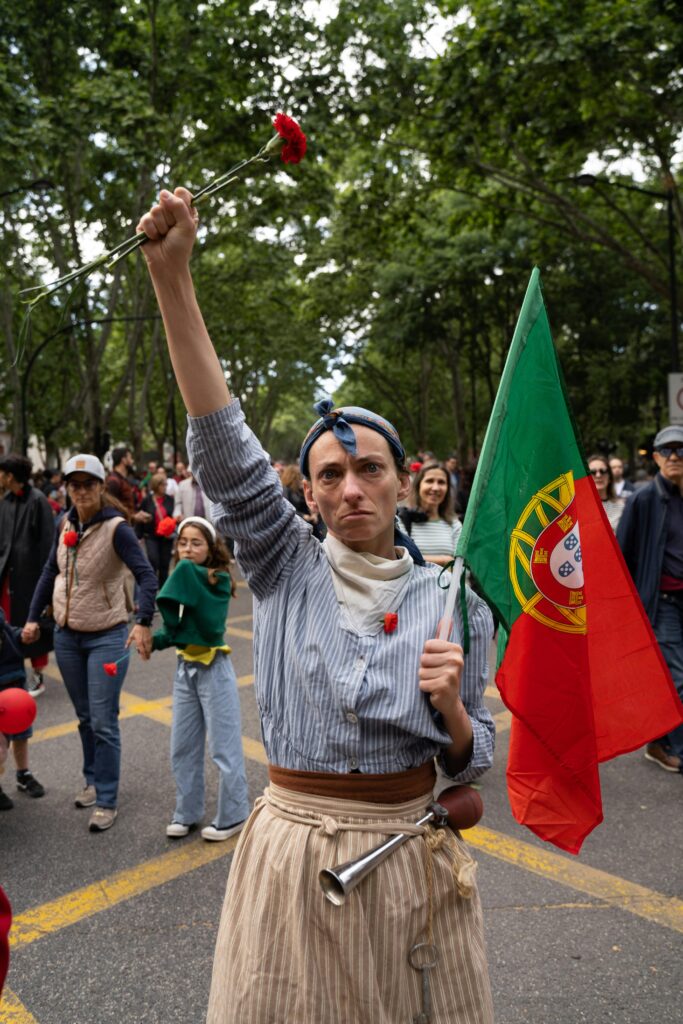
A Celebration of Freedom and Democracy
April 25th is more than just a public holiday in Portugal—it is a powerful reminder of the country’s fight for democracy and the resilience of its people. Whether you choose to participate in a parade, enjoy a concert, or join the commemorative run, the essence of the day remains the same: honoring the courage of those who stood up against oppression and celebrating the liberties enjoyed today.
If you ever find yourself in Portugal on April 25th, embrace the festivities, grab a red carnation, and be part of this extraordinary celebration of freedom!




